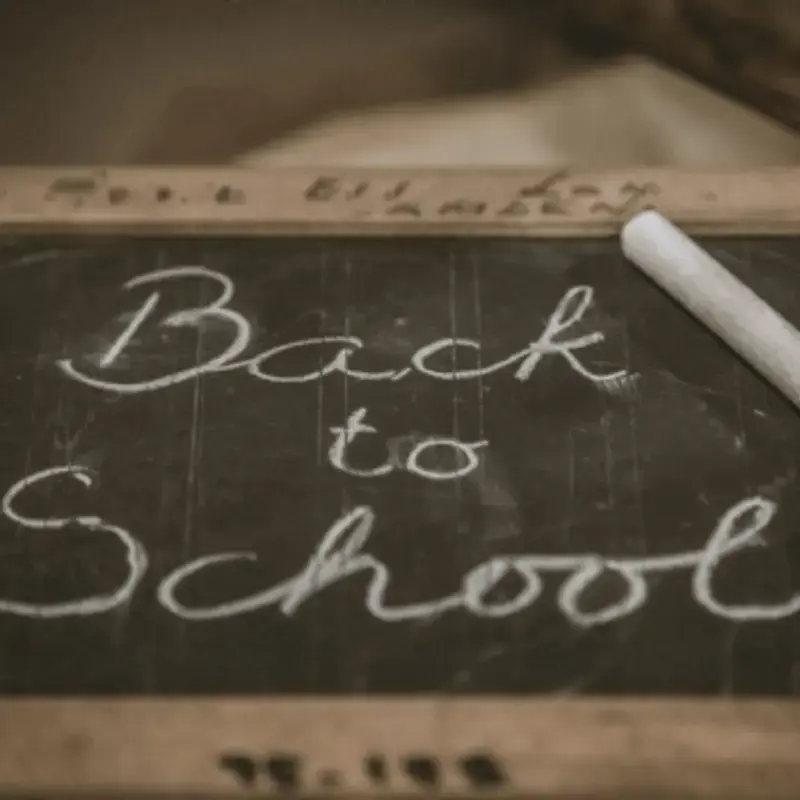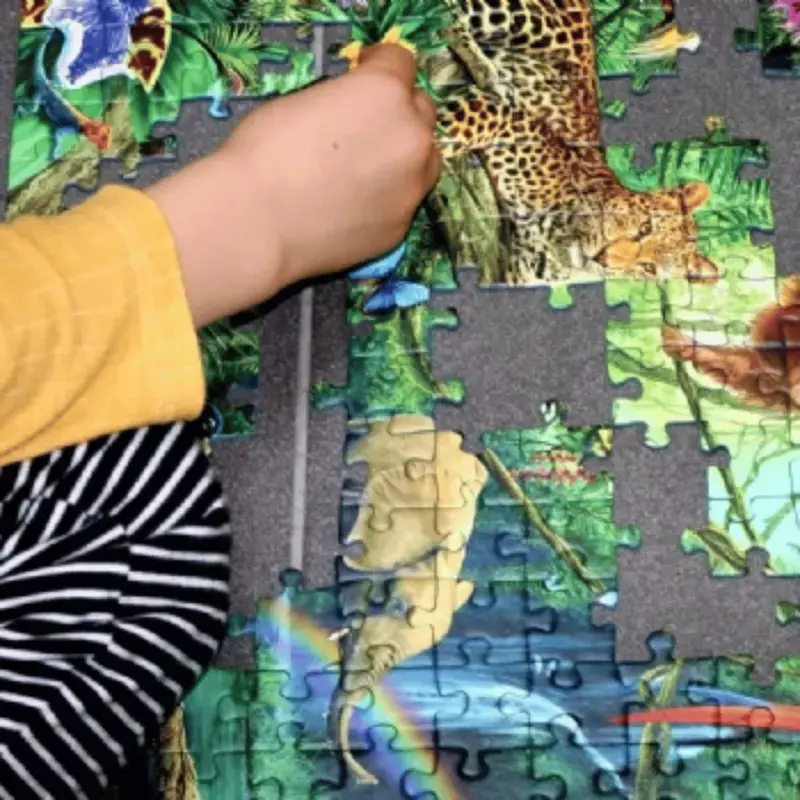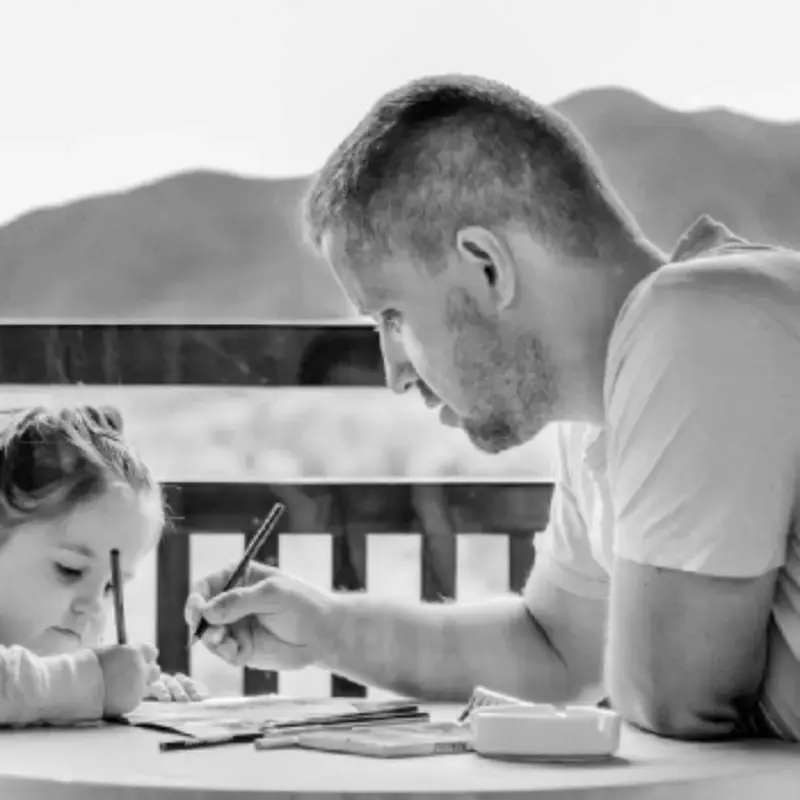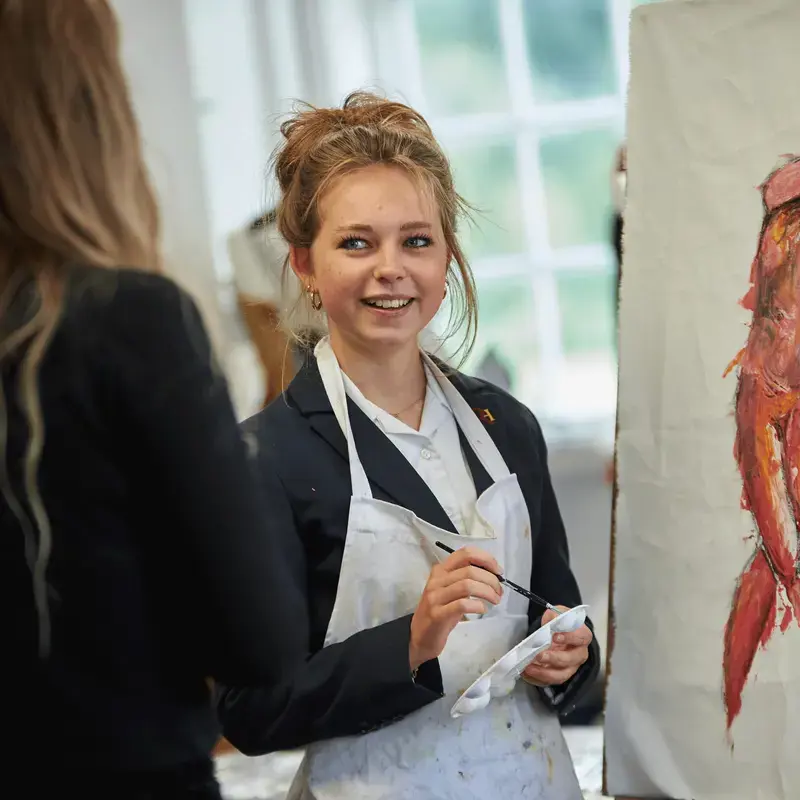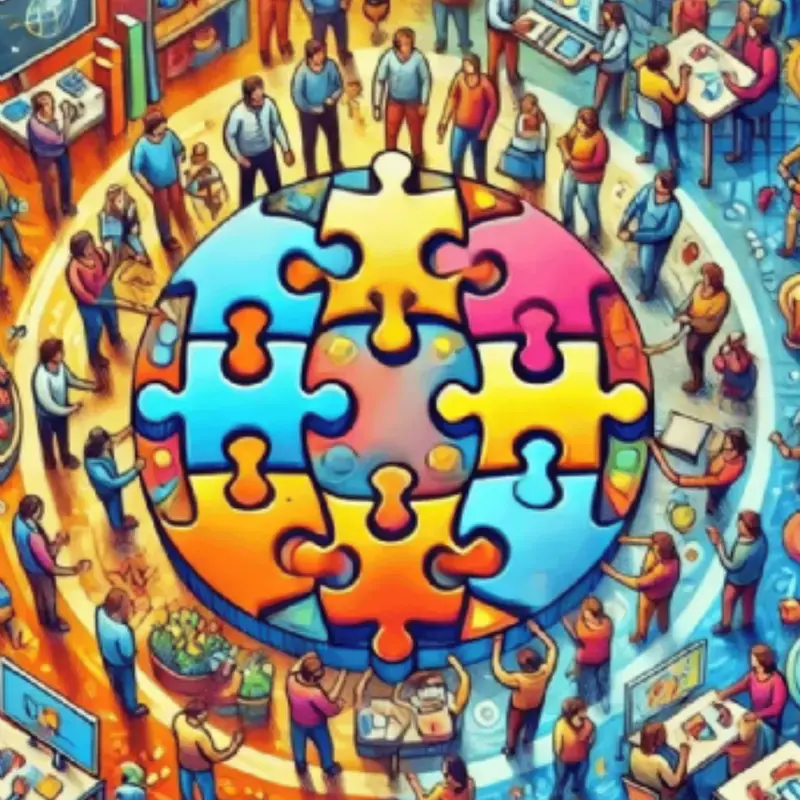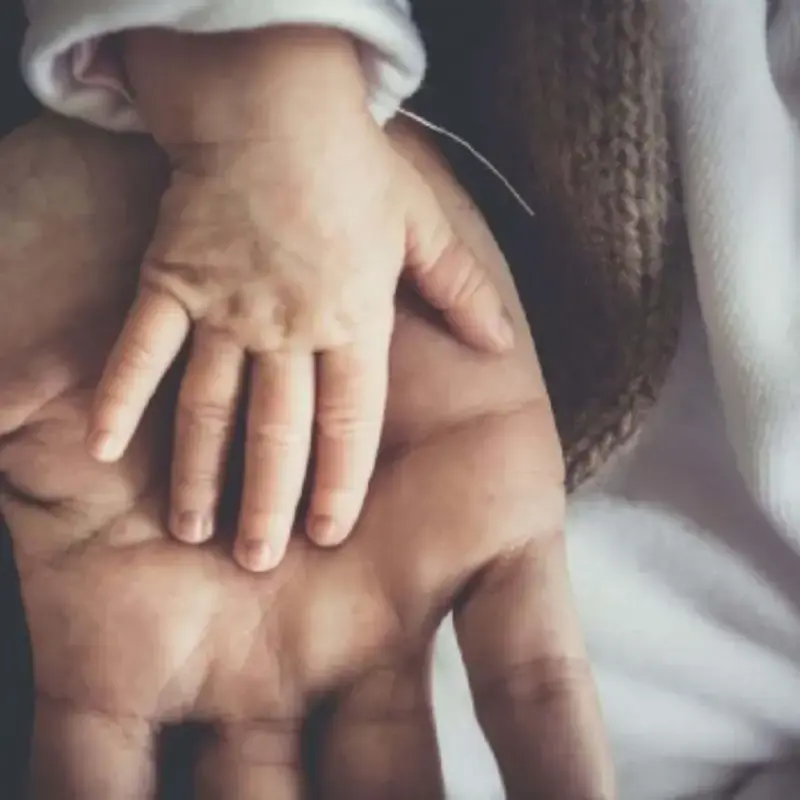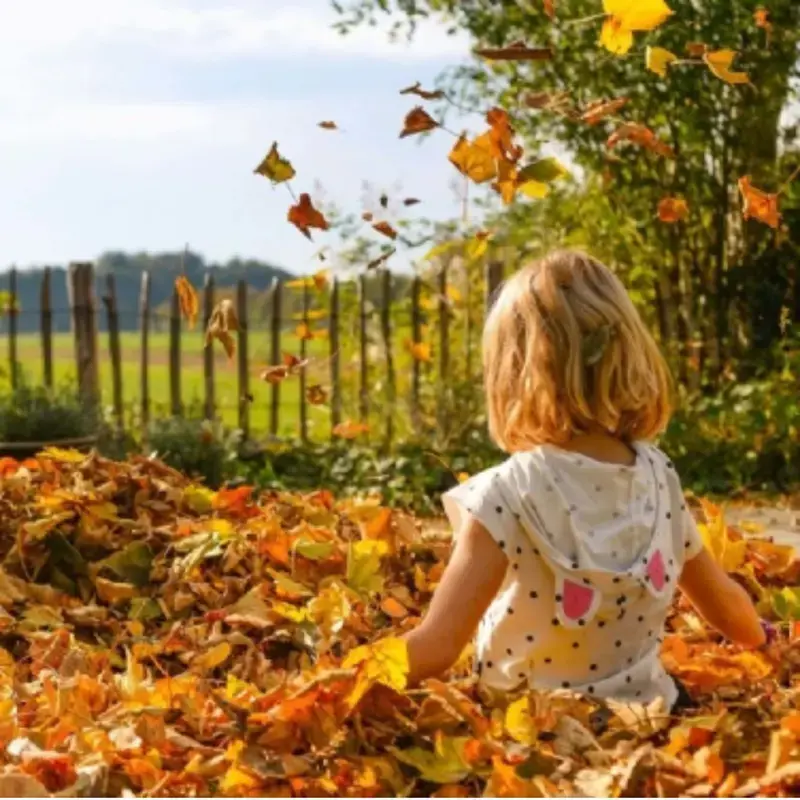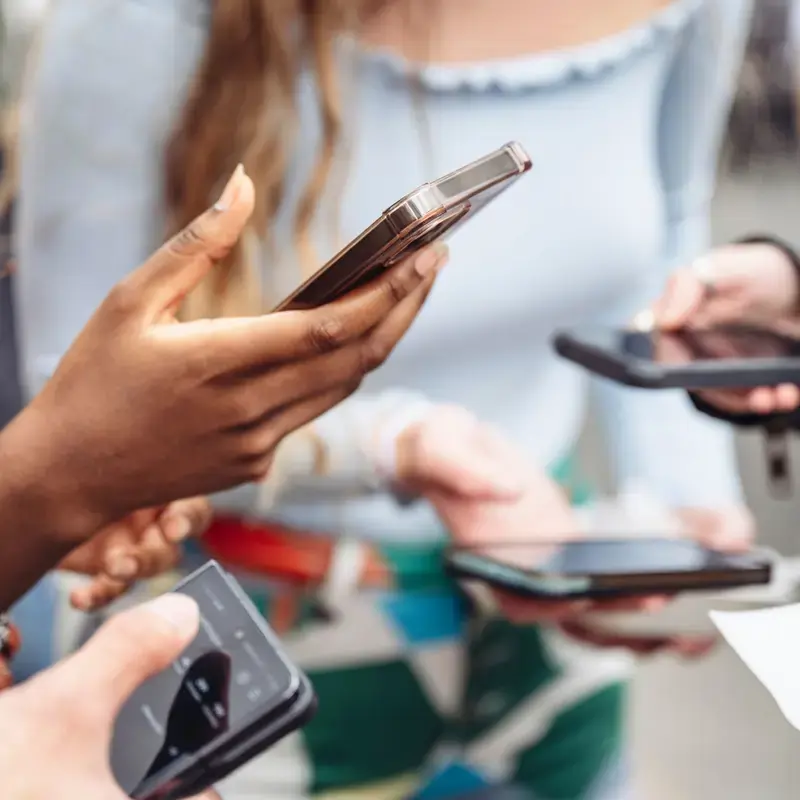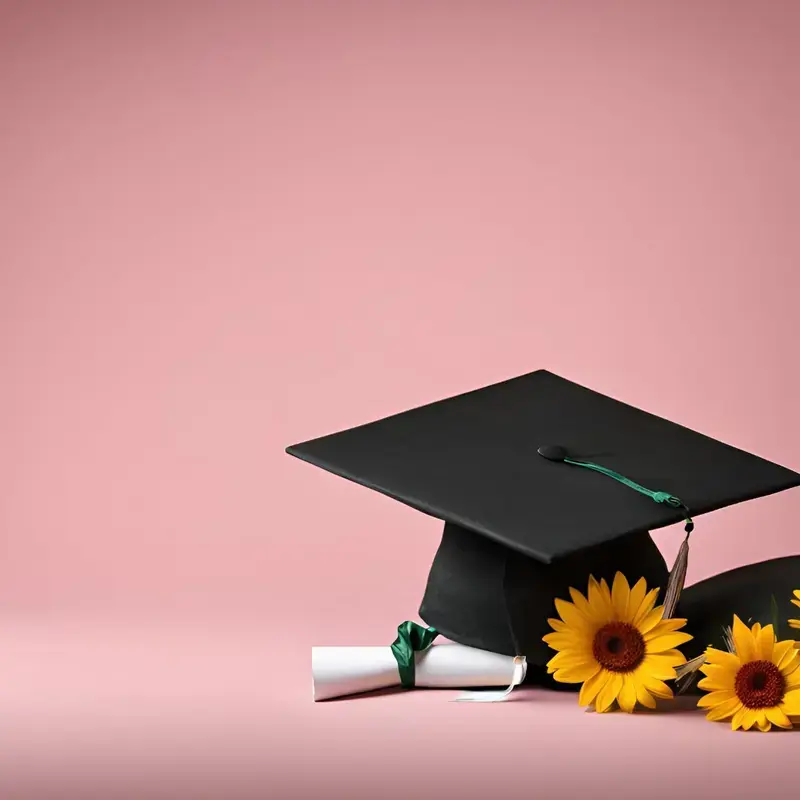How to Let Go: Supporting Children Through New Beginnings
The start of a new school journey is a milestone for every family. For our children, it brings fresh opportunities: new friendships, new experiences and growing independence. For us as parents and educators, it stirs a mixture of pride, excitement, and - at times - a little anxiety. Whether our children are beginning Reception or stepping into Year 7, the art of “letting go” is both one of the hardest and most rewarding parts of the journey we share together.
At Radnor House Sevenoaks, we understand that transitions affect us all. That is why we work in partnership with families - providing the reassurance, guidance and support needed to help every child flourish.
Recognising the Emotional Journey
New beginnings touch everyone. Our children may feel nervous as they adapt to new routines, while we, as parents, might feel the challenge of stepping back. These emotions are not signs of weakness but reminders of how much we care.
Together, we can acknowledge those feelings and turn them into a positive force - modelling resilience for our children and showing them that change is both natural and exciting. At Radnor, our value of Respect underpins this approach by recognising the individuality of each child and the shared emotions of their families.
Building Trust in the Process
Letting go becomes easier when we trust the environment our children are stepping into. At Radnor, pastoral care sits at the heart of everything we do. From small tutor groups to strong teacher-pupil relationships and open communication with parents, we make sure no child is ever “just another face”.
Our carefully designed transition programmes - from Reception right through to Year 7 and beyond - ensure our children feel safe, welcomed and supported. And when we see our children are known, understood and cared for, we share the confidence to let them take their next steps.
Encouraging Independence
One of the greatest gifts we can give our children is the space to grow. That doesn’t mean stepping away entirely but rather encouraging them to take on responsibility and discover their own strengths.
Together, we can:
- Encourage our children to carry their own school bag.
- Support them in finding their voice when they have questions.
- Celebrate their efforts even when things don’t go perfectly first time.
- This is where the value of Courage comes alive. By allowing our children to take small risks and learn from them, we empower them to build resilience and self-belief.
- Progress, Not Perfection
We know that growth does not always happen in neat, predictable steps. Some children adapt quickly; others take longer. Both journeys are valuable.
At Radnor, progress is everything: striving to be better today than yesterday, in the classroom, on the stage, on the sports field, or in day-to-day connections with others. We expect the children to make mistakes, but we also expect them to reflect on these, learning from the experience.
Together, when we celebrate progress — no matter how small — we show our children that perseverance, rather than perfection, is what leads to lasting success. This results in Excellence.
Staying Connected
Letting go does not mean stepping back completely. Staying connected — in the right ways — gives children the security to thrive.
We can:
- Engage with the school community by coming to performances, concerts and events.
- Maintain open, honest conversations with teachers.
- Encourage friendships and co-curricular activities that build a sense of belonging.
This sense of connection is what makes our school community so strong. By embracing our shared value of Perseverance, we show our children that together we keep going, keep learning, and keep supporting one another.
A Safe Place to Flourish
Ultimately, letting go is not about stepping away but about stepping forward together. At Radnor, we are committed to creating a community where every child feels encouraged, empowered, and included. By living out our values of Courage, Excellence, Perseverance and Respect, we make the potential possible for all of our children.
Final Thought
Letting go is never easy, but it is part of the shared journey we take with our children. By working together, we can give them the freedom to grow — with confidence, curiosity, and resilience. At Radnor House Sevenoaks, we celebrate every new beginning as a partnership: parents, teachers and pupils walking side by side.
Because when we let go together, we don’t lose; we gain the joy of watching our children discover who they are meant to become.


